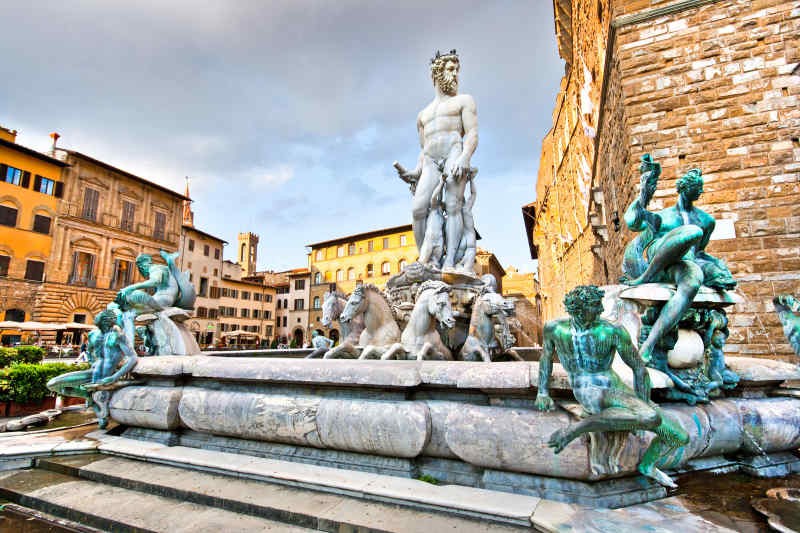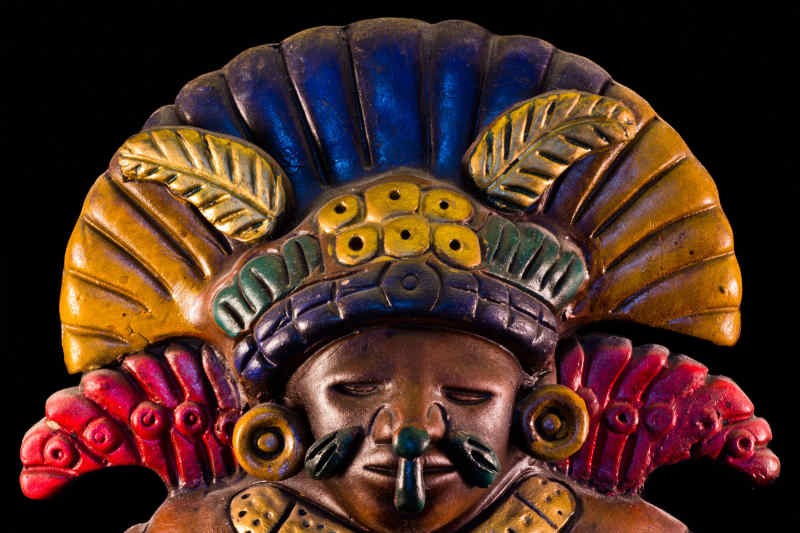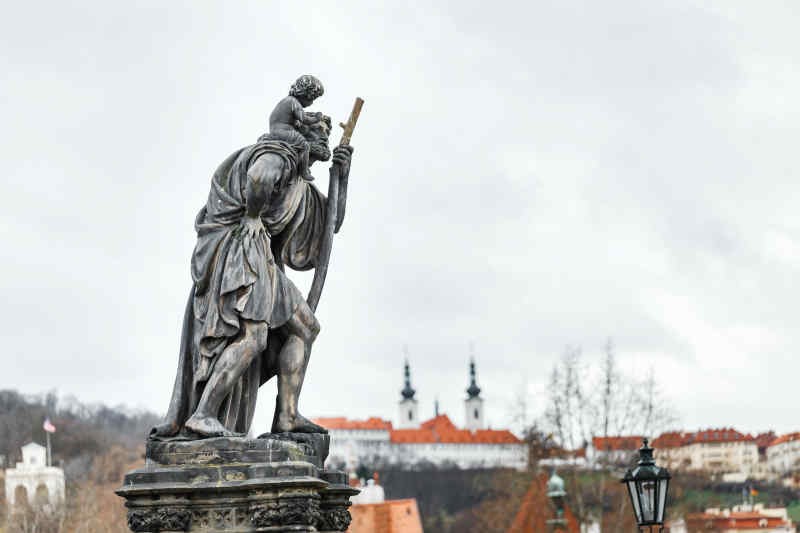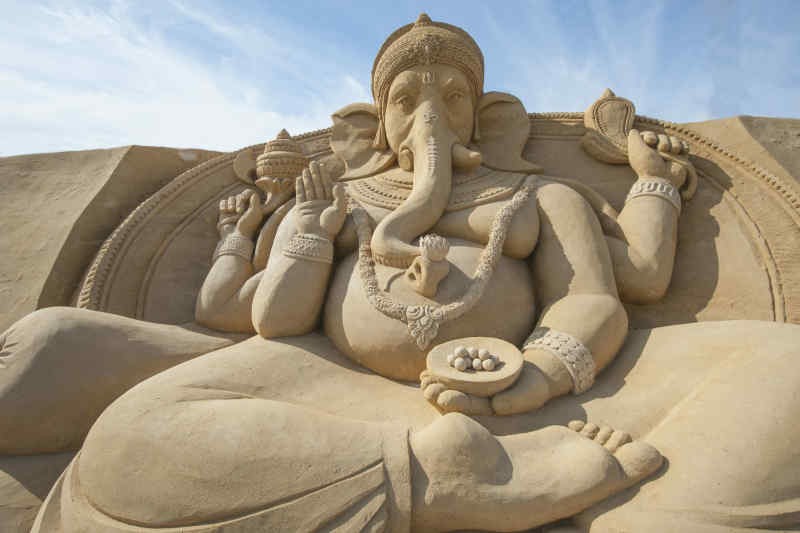Travel can be unpredictable. Lost luggage, language barriers, and unexpected delays are all part of the adventure. But did you know that throughout history, various cultures have looked to gods and goddesses for protection and guidance on their journeys? Let’s delve into the fascinating world of travel deities and discover “Who Is The God Of Travel” in different mythologies and religions.
Neptune: God of the Sea and Sea Travel
Neptune, the Roman god of the sea, is also revered as the god of sea travel. Roman seafarers would seek his favor before embarking on voyages. The power of Neptune is evident in Homer’s “Odyssey,” where he delays Odysseus’s return by causing his ship to be wrecked.
 Neptune, the Roman god of the sea and sea travel, riding a chariot pulled by sea creatures
Neptune, the Roman god of the sea and sea travel, riding a chariot pulled by sea creatures
Abeona and Adiona: Roman Goddesses of Departure and Return
In Roman mythology, Abeona is the goddess of outward journeys, protecting travelers and watching over the travels of young children. Her counterpart, Adiona, is the goddess of safe return. Together, they represent the complete travel experience, from departure to homecoming.
Xaman Ek: Mayan Guide of Merchants
In ancient Mayan culture, Xaman Ek was the “guide of the merchants” or the god of direction. Merchants offered incense to Xaman Ek at roadside altars, seeking his guidance and protection during their travels.
 Ancient Mayan sculpture depicting Xaman Ek, the guide of merchants and god of direction
Ancient Mayan sculpture depicting Xaman Ek, the guide of merchants and god of direction
Meili: The Norse God of Travel
In Norse mythology, Meili, meaning “mile-stepper,” is considered the god of travel. As the son of Odin and brother of Thor, Meili, also known as “the lovely one,” embodies the spirit of exploration and adventure. While less is known about Meili compared to other Norse gods, his association with travel is significant.
St. Christopher: The Patron Saint of Travelers
In Catholicism, St. Christopher is the patron saint of travelers. Legend tells of him carrying a child across a river, who then revealed himself as Christ. Statues of St. Christopher can be found worldwide, including one on the Charles Bridge in Prague, serving as a symbol of protection for those on a journey.
 St. Christopher statue on the Charles Bridge in Prague, patron saint of travelers
St. Christopher statue on the Charles Bridge in Prague, patron saint of travelers
Hermes: The Greek Messenger and God of Travel
Hermes, the Greek god, is a jack-of-all-trades, serving as the patron of travel, sports, invention, art, literature, and trade. As the son of Zeus, he was a cunning trickster, moving freely between the divine and mortal realms. Often depicted wearing a traveler’s cap, Hermes embodies the spirit of exploration and communication.
Lord Ganesh: The Hindu God of Success and Travel
Also known as Ganesha, Lord Ganesh is the Hindu patron god of success, education, wisdom, wealth, and travel. Revered as the remover of obstacles, his elephant head makes him easily identifiable throughout India, Sri Lanka, Thailand, and Nepal.
 Hindu god Lord Ganesh, patron of success, education, wisdom, wealth, and travel
Hindu god Lord Ganesh, patron of success, education, wisdom, wealth, and travel
Finding Your Travel Guardian
So, who is the god of travel? The answer depends on your beliefs and cultural background. Whether you seek the protection of Neptune on the seas, the guidance of Xaman Ek on the road, or the blessings of Lord Ganesh for a successful journey, these travel deities offer a sense of comfort and reassurance as you explore the world. As you plan your next adventure, consider which deity resonates with you and may offer a bit of divine assistance along the way.